The internet is a facet of modern life we’ve come to expect. Whether it’s in a cafe or an airport, accessible, high-speed WiFi has become as essential as eating and breathing. Ubiquitous internet access has directly translated to home life, where most apartments in America have a modem providing a fast, efficient connection. Though having WiFi is imperative today, some buyers might not know what kind of internet deal they have or need.
A standard internet bundle will do for your household if you’re not downloading excessive amounts of data. But what if you’re an avid gamer, movie watcher, or entertainment enthusiast? If you’re looking for the best WiFi that’ll satisfy your viewing needs, here are some essential things to consider before making a purchase.
High-Speed Internet: What Is It?
The definition of high-speed versus low-speed internet has everything to do with download quickness. High-speed internet is categorized as having a download speed of 25 Mbps or higher and can be administered through fiber-optic cable, satellite, or wireless connections. Nowadays, buying a package with lower efficiency will only benefit a single-person household with few devices. For most Americans, purchasing a package with at least 25 Mbps is the way to go.
Different types of connections change the definition of high speeds. If you have satellite internet access, a typical package will come with 25 to 30 Mbps. If your building has fiber optic cables, you’ll usually have a quicker download speed. Fiber optic cables can provide download speeds up to 100 Gbps, which is 4,000 times greater than the high-speed minimum. Though fiber optic cables are the best type of connection for rapid speeds, most households won’t need the power these wires can offer.
Internet for Streaming
Many of us have access to streaming services that allow for remote TV and movie watching. Cable is a relic of the past, and most binge-watching experiences now rely on a sturdy WiFi connection. There are a couple of things to look for regarding streaming before purchasing a high-speed internet package.
Before buying a modem, you must investigate three categories: speed, data, and pricing. As stated above, high-speed internet service is categorized by having a 25 Mbps download speed or greater. Depending on how many people will use your WiFi, you can expect 50 to 100 Mbps to work adequately. Most professionals recommend a 25 to 50 Mbps speed per person, so an internet package with a 100 Mbps download speed would be acceptable for a four-person family.
A fiber optic cable connection is the best for streaming unlimited movies and games. But, these cables are the least common in US buildings. If your apartment doesn’t have fiber optic accessibility, then going for a satellite connection is the next best thing. A cable connection will give you good watching experiences without lagging, and packages for over 100 Mbps can be located at reasonable prices.
If you need a WiFi package for streaming, you’ll need to find one with unlimited data. Having a bundle with unlimited data means you can utilize as much data at once without having your TV, computer, or smartphone shutting off or slowing down. This also means you won’t go over a data cap and accidentally charge your household with a higher bill. It is imperative to have a package with infinite data for dedicated streamers, TV enthusiasts, and cinephiles.
4K and Internet
When dealing with new technology, unfamiliar terminology and verbiage might go over our heads. One term that determines the quality of a device’s visuals is resolution, which is often measured in the symbol K. Understanding resolution is an integral part of streaming and will help you understand what internet package is right for your viewing pleasure.
Simply put, 4K is a premium yet most commonly used resolution for streaming services. From Hulu to Netflix to HBO Max, these channels will give you television programs and movies in 3,840 by 2,160 resolution. A streaming service that utilizes 4K will download the data of a program while you’re streaming it and quickly delete it after you’ve finished viewing it. A 4K resolution for watching and downloading will need high-speed internet to operate efficiently, but this WiFi package won’t break the bank. A customary package with 25 Mpbs or higher download speed will pair nicely with a high-resolution TV.
Though television sets and computers will often only utilize 4K visuals, the resolution for other devices may be more considerable. The subsequent highest resolution is 8K, which you’ll find on only a select few TVs on the current market. New gaming consoles like the PlayStation 5 and Xbox Series X will also have 8K, which requires a more significant download speed from your internet. Unless you are an avid gaming individual and consistently updating your consoles, you won’t need to buy an internet package that has a download speed of over 100 Mbps.
Gaming and Internet
Gaming and live streaming are activities that often usurp plenty of data. Fortunately, gaming consoles and technologies don’t need an exorbitantly high download speed to work properly.
Well-known gaming systems like the Nintendo Switch and Xbox only need a 3 Mbps download speed and a 1 Mbps upload speed to operate without glitching. This is excellent news for people in bigger households with many devices connected to the internet. Since adding multiple Switches won’t bog down your connection significantly, purchasing a standard high-speed package will do nicely.
For avid gamers, professionals will recommend fiber optic cables. But, if you don’t have fiber optic cable access, a satellite or wireless connector will do just fine. For the most part, adding a gaming system to your WiFi won’t affect the type of high-speed internet you’ll need to purchase. Just be mindful of how many gaming consoles your household will use simultaneously with other devices like TVs, speakers, and smartphones because that could create an issue with wait times and latency.

